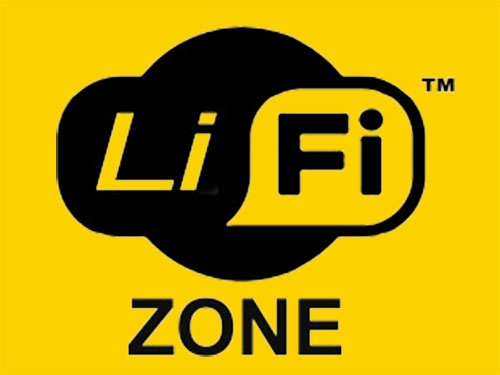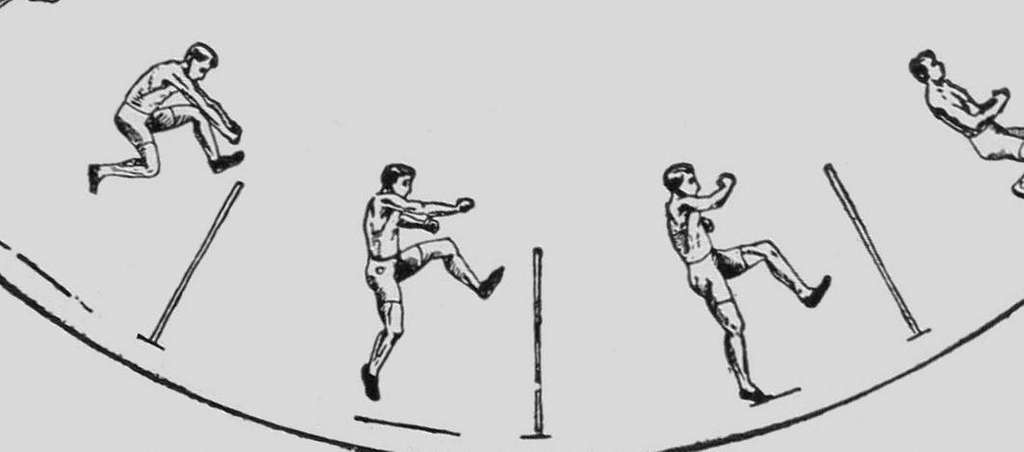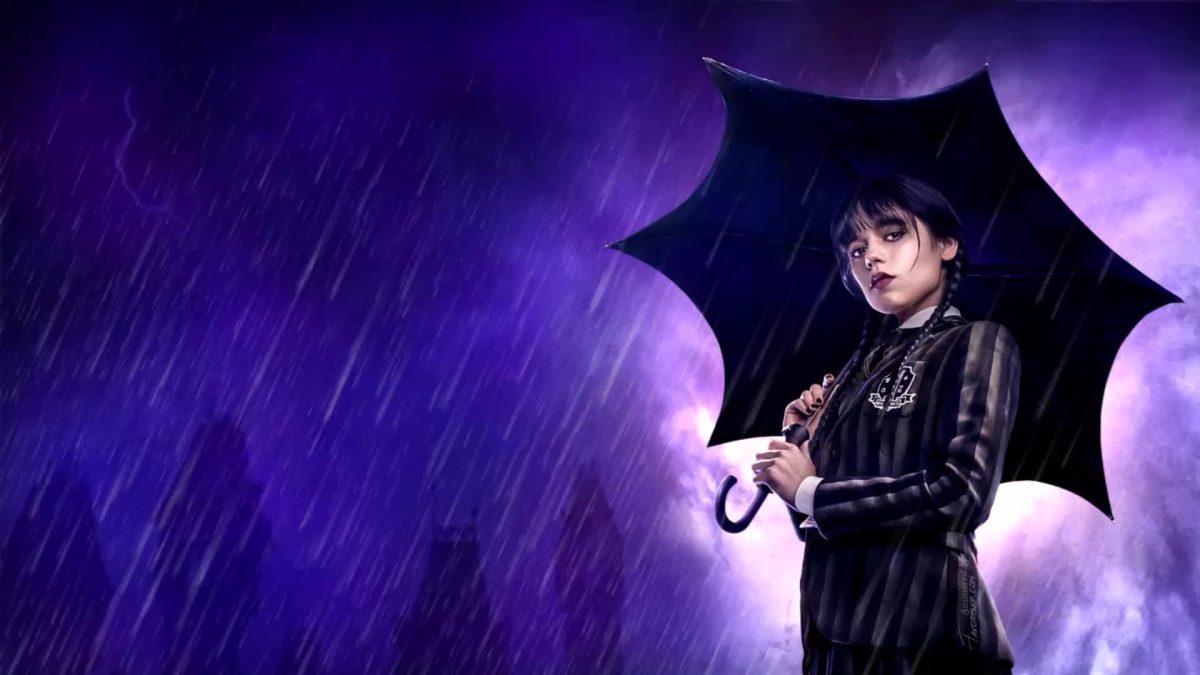Li-Fi may replace Wi-Fi in the near future

Perfecting its faults, Li-Fi prepares for its expected launch in roughly 2 years. Li-Fi is the supposed future of the internet according to many.
March 13, 2016
Wireless Fidelity, or Wi-Fi, has been the go to source for internet users for as long as we can remember. Wi-Fi was first available in 1991 by AT&T with the intention of being used in cashier systems. Its use has grown considerably as most people connect to Wi-Fi daily either using a laptop, tablet, or Smartphone. However, within the next two years, Light Fidelity, or Li-Fi, will become available for people to purchase, use, and share. Harald Haas, who currently teaches at the University of Edinburgh in the UK, is the founder of Li-Fi. It is amazing how far development has grown when it comes to Li-Fi.
Li-Fi can deliver speeds up to 500 megabits per second, which is nearly five times faster than what Wi-Fi can deliver. Amazingly, any bulb or lamp can become a hotspot or router for Li-Fi because of the light emitted from the bulb or lamp. It is also supposed to be cheaper than Wi-Fi, which is always a plus for consumers. Many critics also believe that Li-Fi will be much safer than Wi-Fi since it cannot travel through walls. Sophomore Lataya Charles says, “I think with it not being able to travel through walls, it prevents hackers and other dangerous people from getting into your computer.” Finally, it is a lot more energy efficient than Wi-Fi, which is something that many people look for when buying things like this.
While Li-Fi may seem unbelievably amazing, it also comes with its downsides. Li-Fi technically does not exist yet, except as a generic technology demonstration. It also will not work entirely if the receiver is covered up. You cannot use it at all when the LED light is off; however, the light will be very dim and should not even be visible to most. Sophomore Connor Root says, “Since the LED light is barely visible to the human eye, then it isn’t that bad that you have to have it on for it to work.” It is also unclear how the interference with surrounding lights and the sun will affect performance of Li-Fi.
Though many say accessing the internet through your light bulbs sounds amazing, it can come with many faults. Li-Fi has the potential to take off and do much better than Wi-Fi, but it needs to be perfected. Li-Fi will be, what many hope, the future of the internet.











